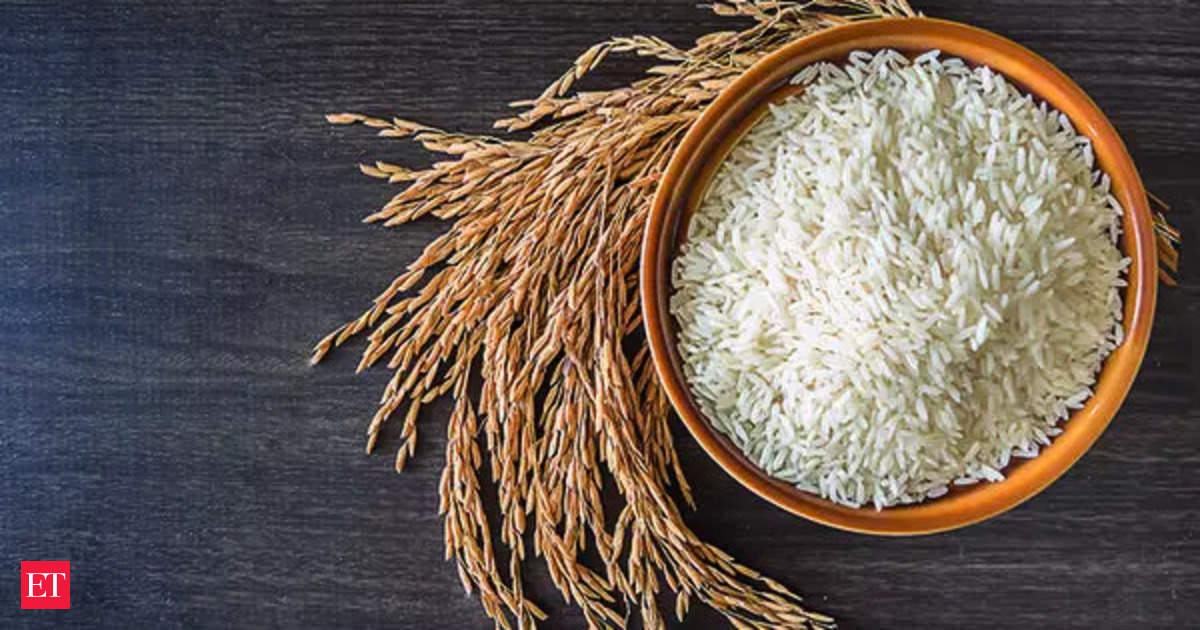The government is seriously considering the reduction of the minimum export price (MEP) of basmati rice. At present, the MEP stands at USD 1,200 per tonne, but the government is looking to bring it down to USD 850 per tonne. This matter was highlighted by various food product importers during a meeting with Commerce and Industry Minister Piyush Goyal. The government is actively reviewing this proposal, which would have significant implications for the basmati rice export industry.
Lowering the MEP would make Indian basmati rice more competitive in the international market. It would provide an opportunity for increased exports and could boost the overall revenue of the country’s agricultural sector. This move could have a positive impact on farmers, as it would lead to higher demand and better prices for their produce.
By reducing the minimum export price, the government aims to make Indian basmati rice more affordable for foreign buyers. This would help in expanding the market share of Indian rice in the global market. The government is cognizant of the concerns raised by food product importers and is actively exploring ways to address them.
Commerce and Industry Minister Piyush Goyal has assured the importers that their concerns will be taken into consideration. The government is committed to promoting the export of basmati rice and is actively working towards creating an enabling environment for the industry.
It is important to note that basmati rice is a significant contributor to India’s agricultural exports. It enjoys a good reputation in international markets due to its unique aroma, flavor, and long grain. Lowering the minimum export price would give a competitive edge to Indian basmati rice in the global trade arena.
In conclusion, the government’s consideration of reducing the minimum export price on basmati rice to USD 850 per tonne is a significant development for the industry. It reflects the government’s commitment to promoting exports and addressing the concerns raised by food product importers. This move has the potential to boost the agricultural sector and benefit farmers in the long run.











